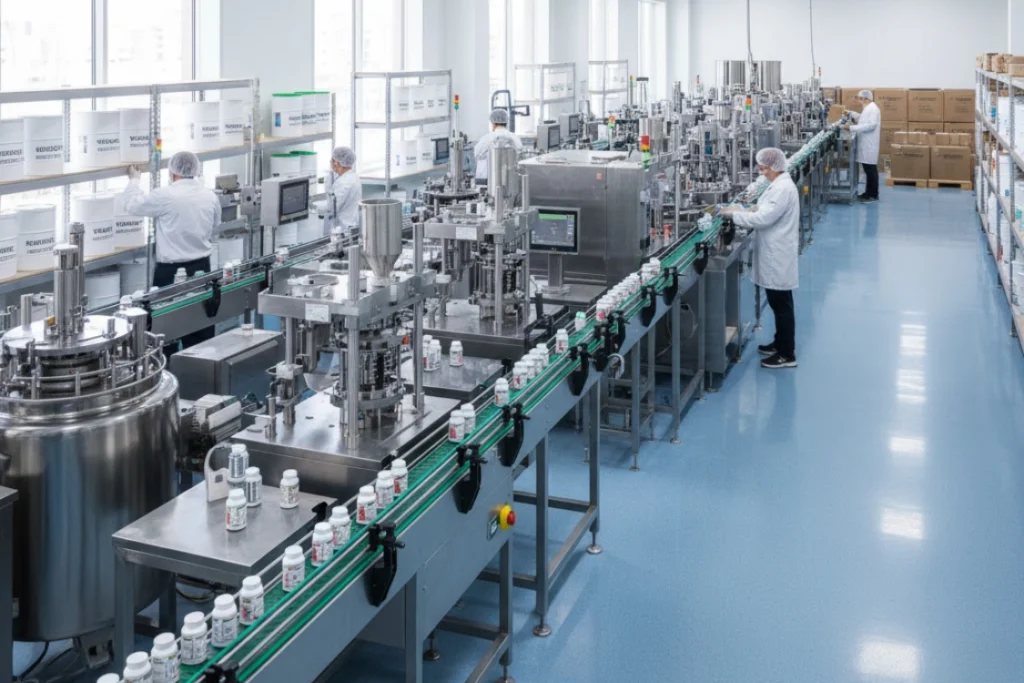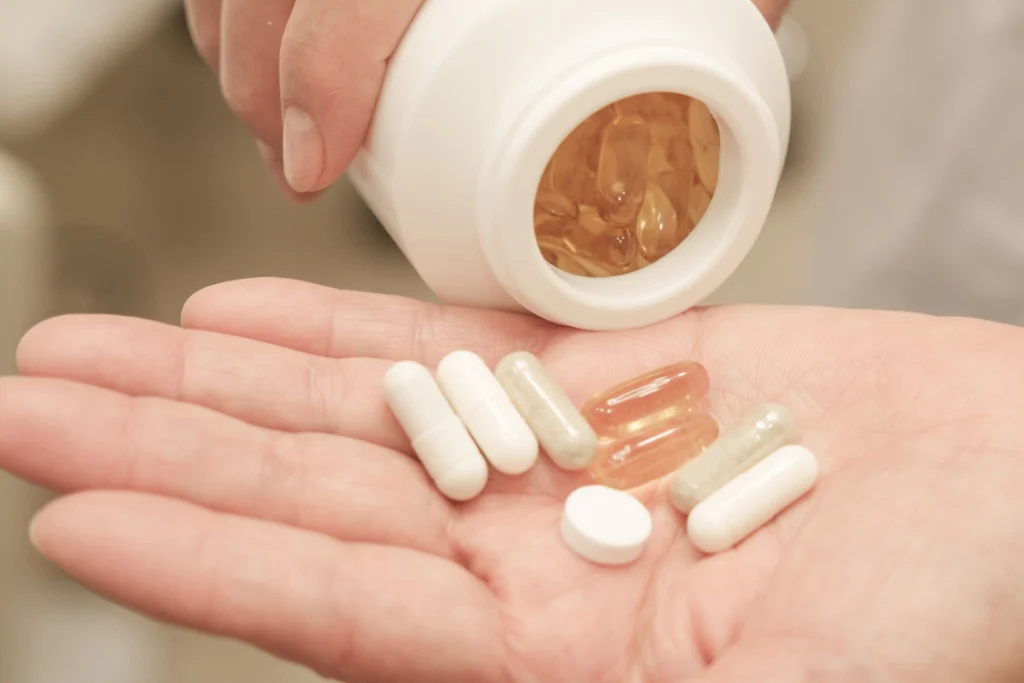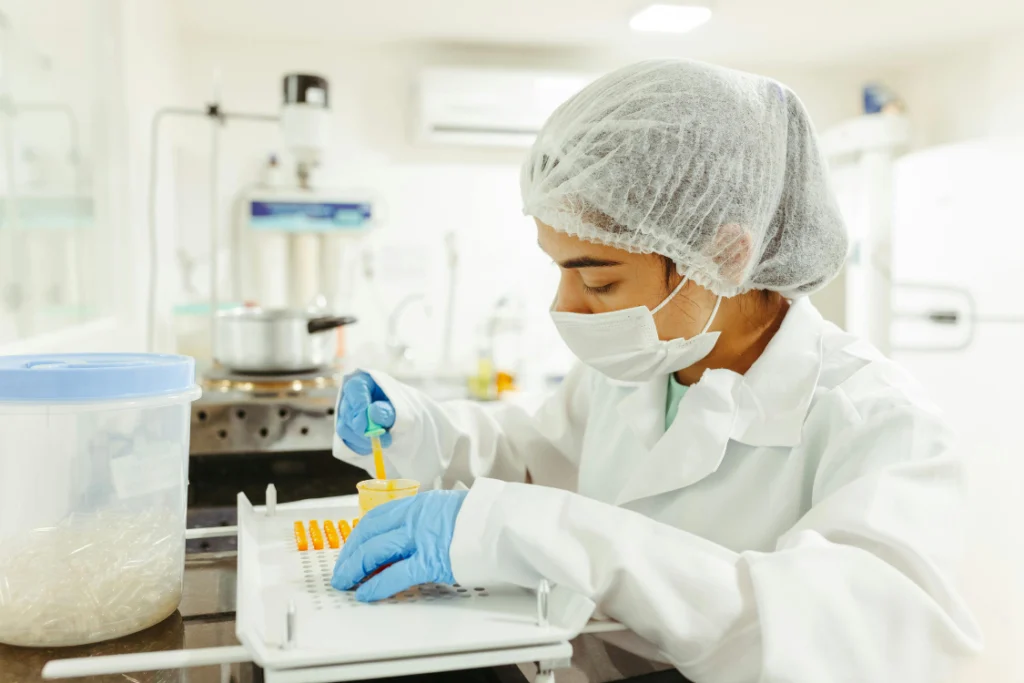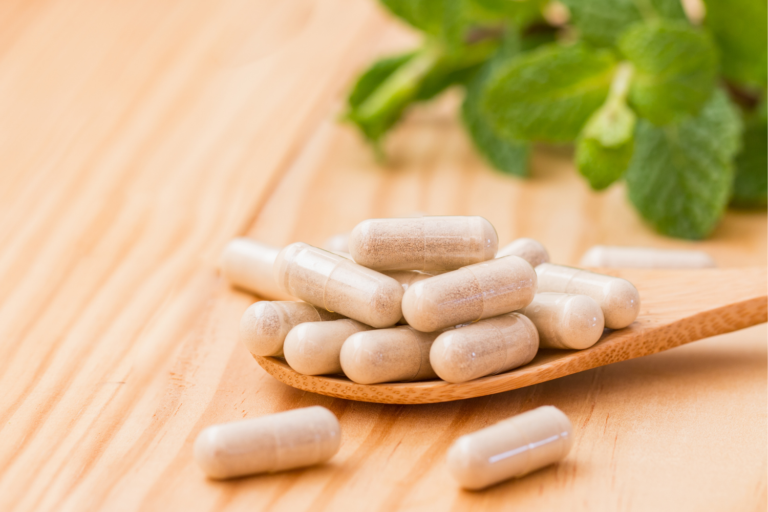Launching a new supplement is exciting, but skipping the testing phase can turn that excitement into unnecessary loss. Savvy brand owners start with supplement pilot production runs, small batches that fine-tune a formula, verify quality control, and confirm regulatory compliance before scaling to full manufacturing.
A pilot production run exposes potential flaws in the manufacturing process—from unstable ingredients and inconsistent capsule weight to mislabeled packaging. Addressing these issues early saves raw materials, protects your brand’s reputation, and ensures that your finished product meets expectations.
Growth in the dietary supplement industry depends on testing, data, and strategic scaling. Starting small gives brands the insight to improve quickly and expand with confidence.
What Is a Pilot Production Run?
Before a new formula reaches store shelves, most brand owners begin with a pilot phase. This step provides a practical test of how the manufacturing process performs using the same raw materials, equipment, and quality standards applied during larger supplement manufacturing stages.
Simple Definition
A pilot production run is a small batch created to test every stage of production before full-scale output. It ensures the formulation, ingredient interactions, and manufacturing processes meet quality standards and regulatory requirements before large orders are placed.
Why Brands Use Pilot Runs
Companies rely on supplement pilot production runs to validate formulas, confirm Food and Drug Administration (FDA) regulations are met, and ensure adherence to current good manufacturing practices (CGMPs). These practices protect product purity and prevent contamination with substances like heavy metals or biological impurities (U.S. Food and Drug Administration, 2007). Pilot runs also help verify raw materials, packaging performance, and food safety compliance to prevent costly mistakes before scaling.
Typical Size of Pilot Runs
Pilot batches typically range from several hundred to around 1,000 units, depending on the contract manufacturer. This small batch production keeps costs manageable and allows for particle size analysis, microbiological testing, and stability checks before moving into a full production run.

What Is a Full Production Run?
After the pilot stage proves successful, the supplement advances to a full production run. Here, everything learned from testing is applied to large-volume manufacturing that meets market demand consistently.
Large-scale manufacturing explained
A full run uses actual production equipment to produce thousands of units at once. Each production batch follows current good manufacturing practices, ensuring the finished dosage form remains uniform and compliant across all units.
Benefits of full runs
Full-scale production improves efficiency. Larger quantities lower the cost per unit, streamline distribution, and stabilize inventory. The entire process becomes more predictable, giving brand owners stronger control over timelines and quality assurance.
When brands move from pilot to full runs
A product typically moves to full-scale manufacturing once the pilot proves consistent results and steady sales. At that point, the formula, packaging, and storage conditions have been tested, validated, and approved for long-term production.

Benefits of Starting with Pilot Runs
Launching through pilot runs offers both safety and strategy. It helps companies test the manufacturing process without large financial commitments while building data that supports smart scaling decisions.
Catching formulation issues early
Early pilot batches reveal potential problems—unstable ingredients, poor stability, or uneven capsules—before resources are locked into full-scale manufacturing. Identifying these flaws lets teams adjust the formula or equipment settings to ensure quality.
Testing packaging and labeling
A pilot batch also tests how packaging performs during shipping and how labels hold up under different storage conditions. It’s the best time to confirm regulatory compliance with FDA regulations, including health claims, allergen statements, and design clarity.
Minimizing financial risk
Smaller runs reduce exposure. They keep production costs controlled while testing demand, avoiding the risk of unsold stock. This step helps protect working capital and encourages steady rather than rushed scaling.
Gathering customer feedback
Because pilot runs reach early customers first, they provide real-world reactions. Feedback on taste, texture, or packaging allows fine-tuning before committing to a major production run, improving both satisfaction and marketing appeal.

When to Scale to a Full Run
Scaling isn’t a guess; it’s a decision supported by data. The right time comes when your manufacturing process runs smoothly and sales confirm true demand.
Proven demand through sales data
When orders repeat and your market size grows, that’s evidence that your product has traction. Consistent results signal that expanding to scale production will meet customer needs without over-stretching supply.
Streamlined production processes
Before scaling, ensure raw material suppliers are stable, quality standards are met, and all production processes produce uniform results. Fine-tuning details such as particle modifiers or specific ingredients secures consistency across every finished product.
Long-term inventory planning
A full run supports reliable distribution and prevents backorders. Once purchase forecasts and purchase orders align, full-scale production ensures steady availability while maintaining regulatory compliance and cash-flow balance.

How Manufacturers Support Pilot and Full Runs
Reliable contract manufacturers are partners in success. They manage compliance, safety, and consistency across all stages of supplement manufacturing. According to Levin (2016), modern food CGMPs now require ingredient suppliers to maintain Food Safety Plans with hazard analysis and supply-chain controls, strengthening product authenticity, potency, and purity.
Offering Flexibility
Many manufacturers offer low minimum-order-quantity options for pilot production, giving brand owners more freedom to test and improve safely.
Using Pilot Data to Refine Full Runs
Insights from pilot batches, including microbiological testing and stability analysis, help improve quality control and align full-scale manufacturing with regulatory standards.
Setting Realistic Lead Times
Pilot runs move quickly, but full runs need extra time for raw material sourcing, heavy metal compliance, and testing. Clear communication prevents delays and ensures smooth operations.
Red Flags to Avoid
Not all manufacturers operate at the same standard. The FDA has documented recalls due to contamination and inaccurate labeling (U.S. Food and Drug Administration, 2007). Watch for warning signs such as:
- Refusing to offer pilot runs
- Pressuring you to skip testing
- Ignoring FDA or CGMP requirements
- Skipping microbiological or heavy metal testing
- Overlooking budgeting for scale-up transitions
Choosing a contract manufacturer that follows good manufacturing practices ensures identity, purity, and strength—the foundation of safe and effective supplements.

Test Smart, Then Scale Confidently
Building a successful dietary supplement brand starts with solid testing. Supplement pilot production runs provide a safe way to refine formulas, verify ingredient quality, and meet CGMP standards before expanding. Once the data confirms performance, full runs deliver efficiency, consistent output, and long-term scalability.
Partnering with a reputable contract manufacturer ensures compliance, reliability, and growth grounded in proven quality. When each stage is tested, documented, and optimized, your supplement line is positioned for sustainable success in a competitive market.
Frequently Asked Questions
What is a pilot production run in supplement manufacturing?
It’s a small batch that tests a supplement’s formula, packaging, and compliance before scaling to full production.
How many units are in a supplement pilot run?
Pilot batches usually range from several hundred to about 1,000 units, depending on the manufacturer and intended use.
When should a supplement brand move from pilot to full runs?
Once sales data confirm demand and the manufacturing process meets quality standards, scaling becomes cost-effective.
Are supplement pilot runs more expensive per unit?
Yes, smaller runs cost more per unit, but they help detect issues early and prevent costly mistakes later.
Do all contract manufacturers offer pilot production runs?
No, some focus only on large orders, so ask upfront about pilot scale options before requesting an initial price quote.
References
- Levin M. D. (2016). The New Food Current Good Manufacturing Practices and Their Effect on Dietary Supplement Quality: What You Need to Know. Integrative medicine (Encinitas, Calif.), 15(5), 22–24.
- U.S. Food and Drug Administration. (2007, June 22). Backgrounder on the Final Rule for Current Good Manufacturing Practices (CGMPs) for Dietary Supplements. U.S. Department of Health and Human Services. https://www.fda.gov/food/dietary-supplements-guidance-documents-regulatory-information/backgrounder-final-rule-current-good-manufacturing-practices-cgmps-dietary-supplements



